A Fife mum has revealed how swimming in the sea relieves her multiple sclerosis (MS) symptoms – making her feel free of the condition when in the water.
Linda Simpson, 49, from St Andrews, was diagnosed with MS in 2016 but had experienced symptoms for 13 years before it was finally confirmed.
Her first symptom was going temporarily blind in one eye in 2003.
She also had a sudden weakness in her left leg and a loss of sensation in her right leg.
After initially testing negative for MS, it was eventually discovered she did have the condition.
Linda now has secondary progressive MS.
Many people initially diagnosed with relapsing remitting MS go on to develop a progressive form of the condition. This is called secondary progressive MS.
The main feature is symptoms worsen gradually.
The severity and frequency of relapses decrease or even stop altogether, but the level of permanent changes in symptoms increases over time.
But the mum-of-three explained she has found one activity which helps ease her MS symptoms – swimming in the sea.
How did Linda discover sea swimming?
Linda, who has difficulties with her balance and walking, discovered the benefits of sea swimming by accident after deciding to take a dip one day out of curiosity.
She hasn’t looked back since and now joins other members of the St Andrews Swimmers at East Sands at least once a day between May and December.
As part of MS Awareness Week 2023 (April 24-30), Linda is sharing her story.
And she is joining MS Society Scotland to raise awareness of the neurological disease.
Linda, who used to work as a fitness instructor and still teaches a seated exercise class once a week in St Andrews, said: “During the Covid-19 lockdown I still wanted to get out and get some fresh air.
“So my friend Susan Stewart used to take me for a walk along the beach.
“We used to see these sea swimmers and I would think: ‘Look at these crazy mad people!’
“We kept walking past, but we thought: ‘Maybe we should join them!’”
The pair then bought wetsuits and before long, Linda was a regular member of the sea swimming group.
Benefits of sea swimming
Linda, who always swims with at least one other person, continued: “The first time I went in, I did ask myself what on earth I was doing!
“But the benefits far outweigh the downside.
“And you get addicted to it.
“In the sea, because I’m not having to balance, my MS is gone – I don’t have MS in the water.
“Some of my symptoms, like my muscle spasms, disappear. I thought my goodness, this is wonderful.”
Linda only went into the sea for a few minutes to start with before building it up to stay in a bit longer.
“I felt good after that first time. It was amazing. And I slept virtually all night.
And in the sea, because I’m not having to balance, my MS is gone – I don’t have MS in the water.”
Linda Simpson
“I usually have problems with my bladder and have to get up in the night to go to the toilet but that first night I had no problems. I just felt so good.”
She continued: “I just love the jumping of the waves, when it’s really wild because all you need to do is jump and it’s great.
“I can’t jump normally on two feet but in the sea I can.
“When I’m not doing it, I really miss it.”
Linda said sea swimming has also boosted her mental health.
She explained: “When I stopped doing it in December I was really down for weeks.
“I also have anxiety and when I’m not swimming, my anxiety levels are quite high.
“But once I get back in the water, they’ll disappear.
“The swimming takes all the worry and anxiety away.”
Linda wears a wetsuit during colder months as well as donning a hat and gloves for warmth.
She also slips on trainers to help her balance as she’s walking in and out of the water.
She added: “If you go and see the sea swimmers at the water, they’re always laughing and smiling.
“There are no grumpy faces!
MS Awareness Week
More than 15,000 people in Scotland live with MS.
It damages nerves in the body making it difficult to do everyday things like walk, talk, eat and think.
For the first time, the MS Society has joined forces with six other MS charities – Shift.MS; MS Trust, MS-UK, Overcoming MS, MS Together and the MS Therapy Centres – to mark MS Awareness Week 2023.
This year the focus is on mental wellbeing and people are being encouraged to discuss how MS makes them feel, think or act.
They can express their views on social media using #MSMakesMe.
Important to discuss mental health
Morna Simpkins, director of MS Society Scotland, said: “For many people, living with a long-term health condition like MS has a negative impact on their mental wellbeing.
“It’s important we talk about our mental health and seek help when we need it.
“This MS Awareness Week we’re encouraging people to talk about how their MS makes them feel, think or act.
“{We want people to} join in with our social media campaign and help raise awareness of the reality of life with MS.”
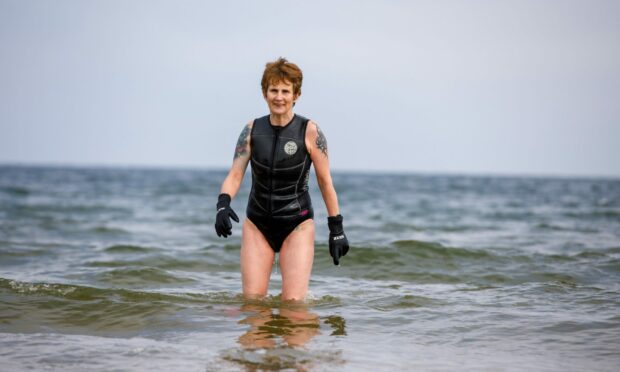
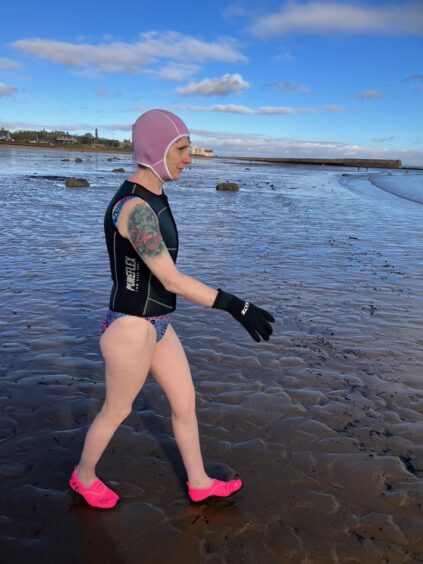
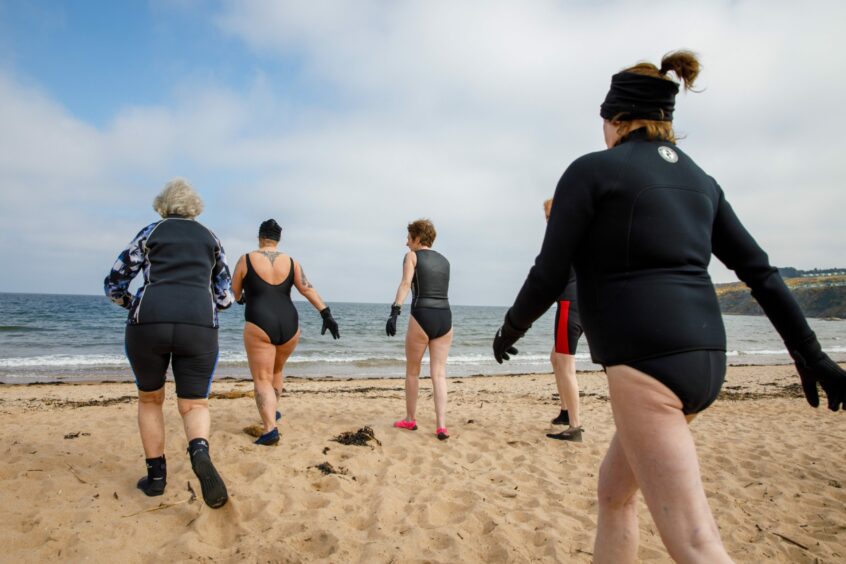

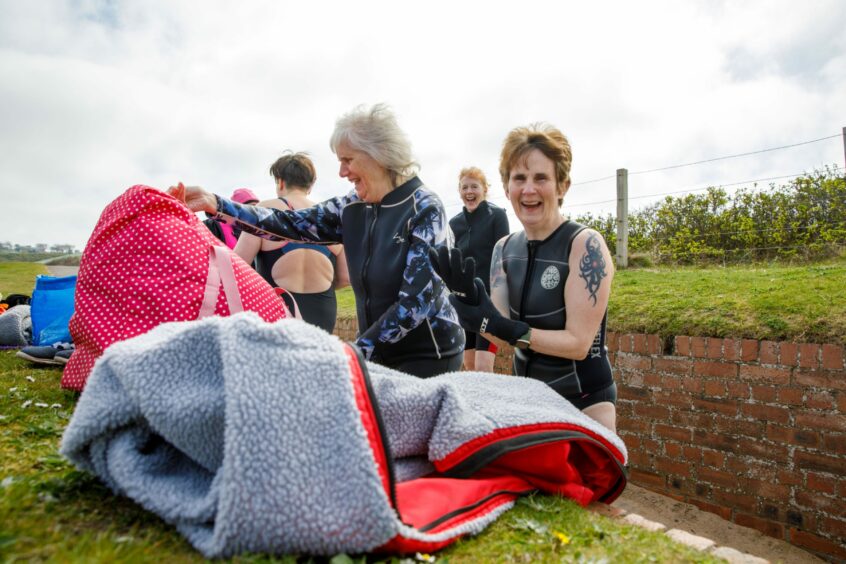
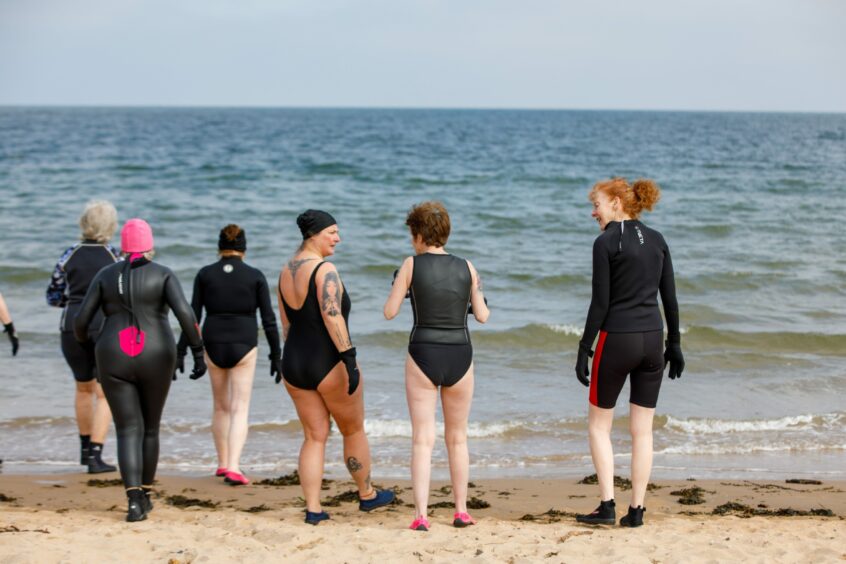


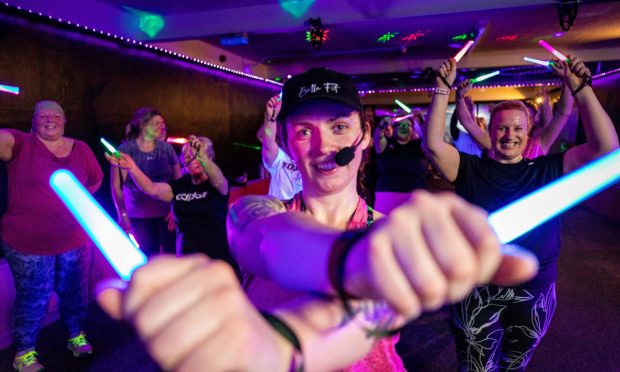
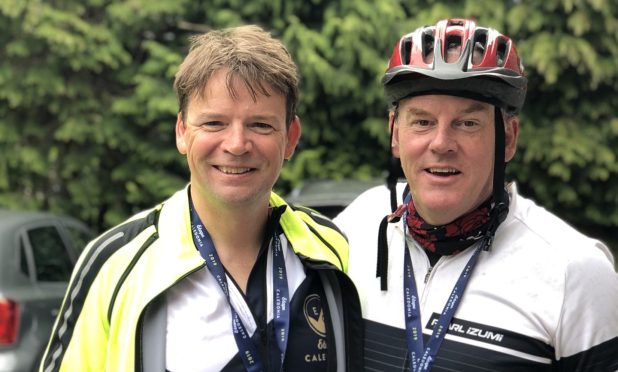
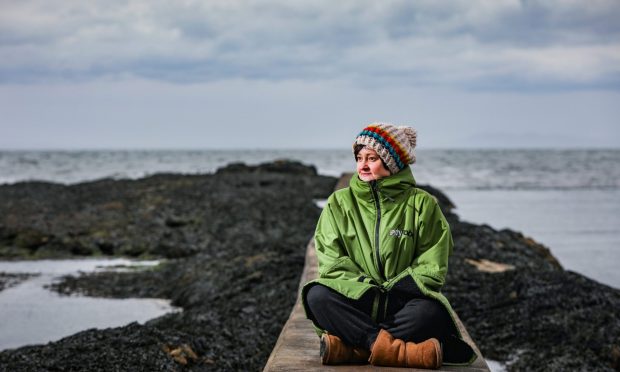

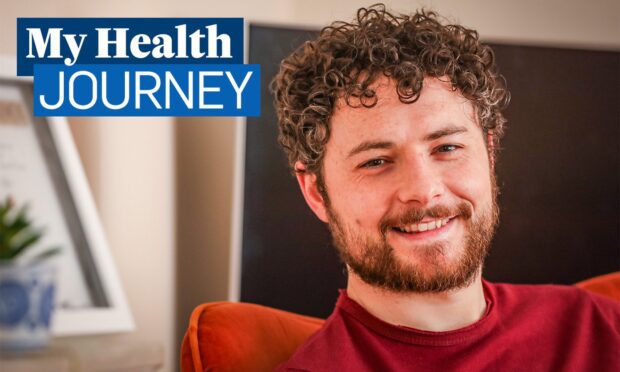

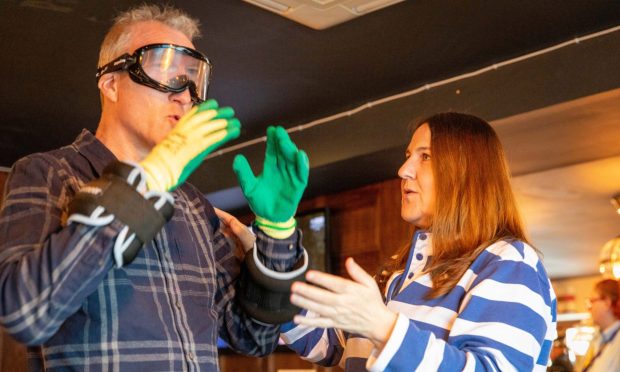
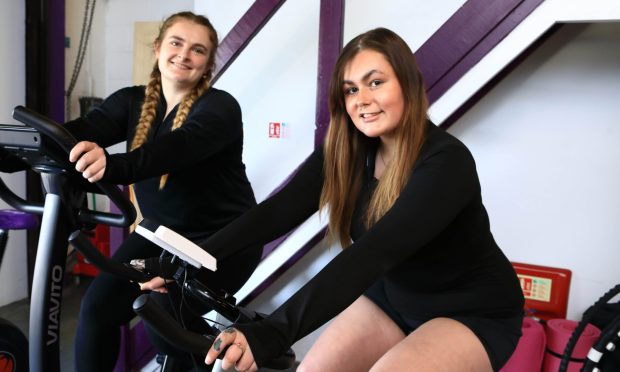
Conversation